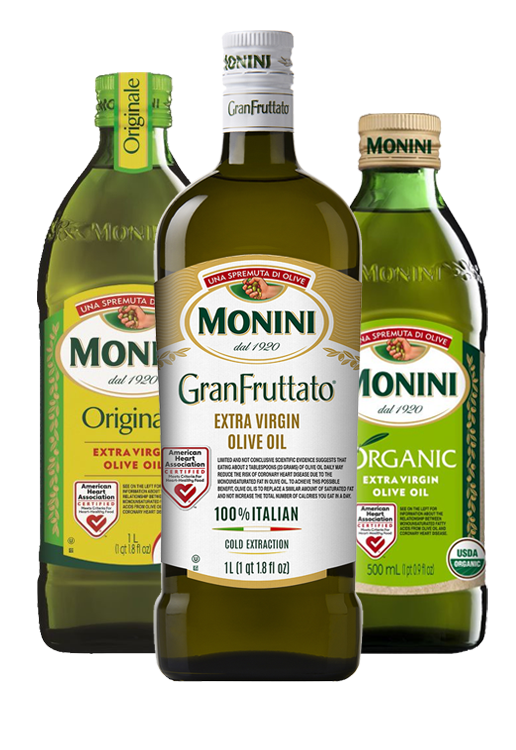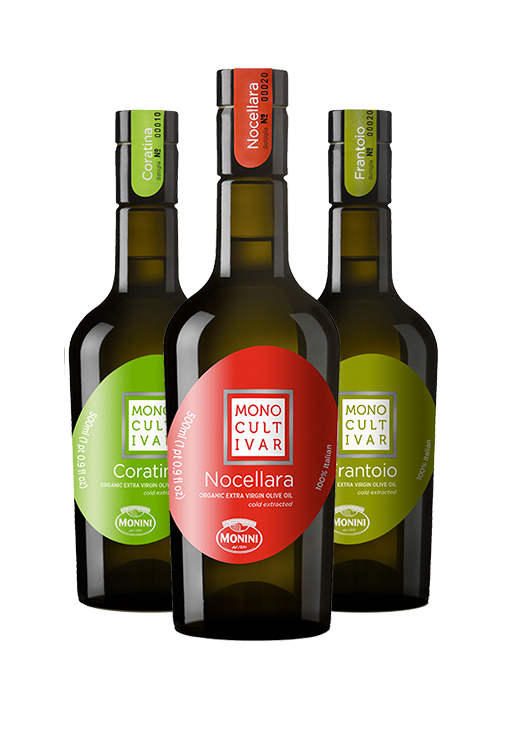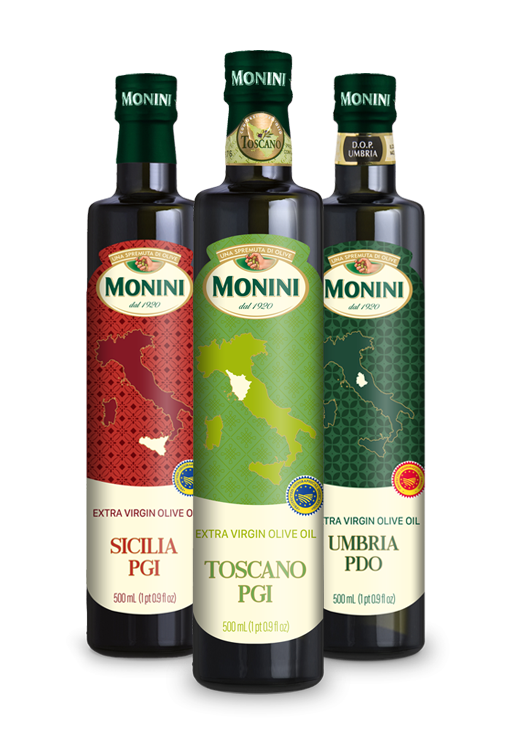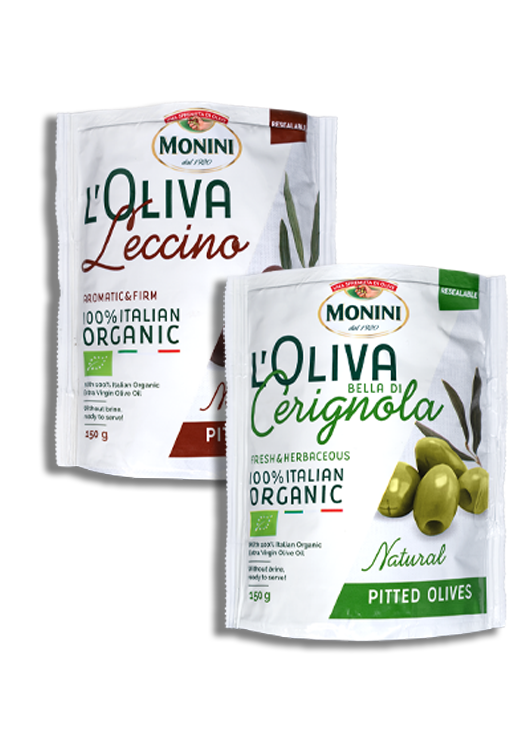The studied group comprised 22,892 people, including 11,976 women and 10,916 men with an average age of 55.4 years at the time of inclusion in the study, who on average consumed 23.3 grams of olive oil per day. Those who consumed more olive oil reported fewer chronic health problems, consumed more fruit, vegetables, legumes and fish, and drank less alcohol.
During a follow-up period of more than 12 years, 2566 deaths occurred, of which 939 from cancer, 910 from heart disease and 723 from other causes. Consuming three or more tablespoons of olive oil per day was associated with a lower probability of death from any cause. Biomarker analysis showed that higher consumption of olive oil reduced the risk of death from all causes and cancer by 21.2% and 13.7%, respectively, compared to lower consumption (less than or equal to one and a half tablespoons).






